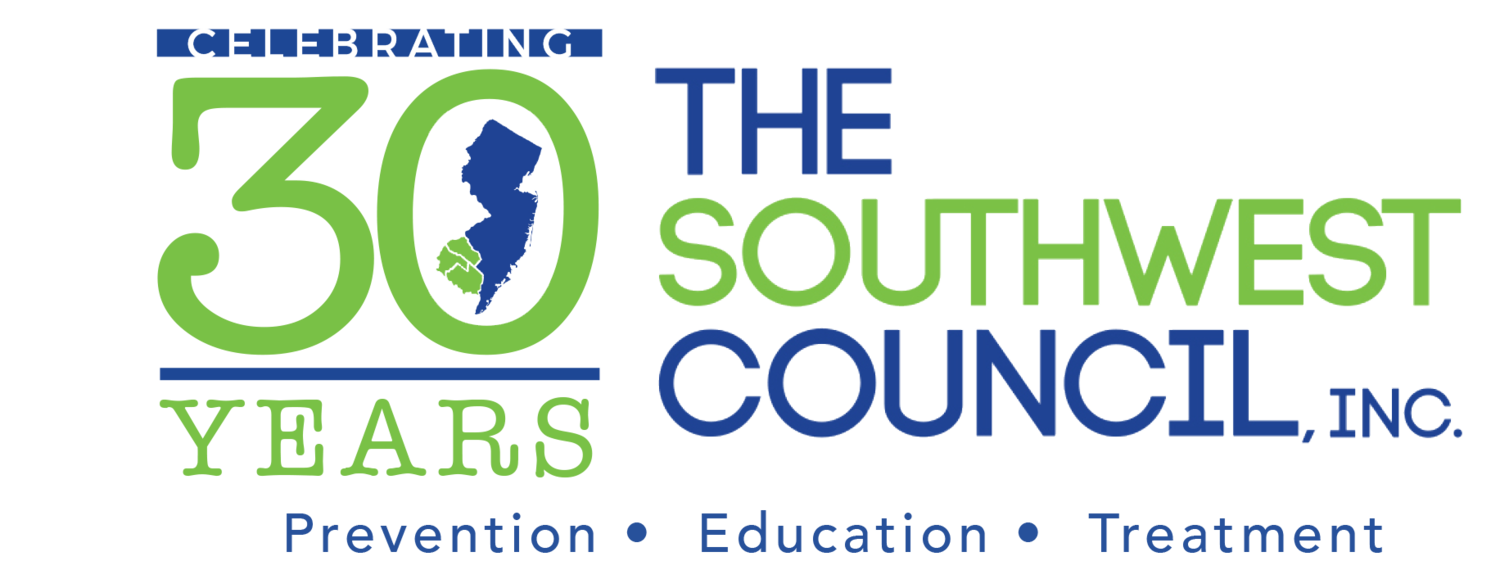by: Robert Regler
Within the spectrum of addiction, we tend to focus a lot on drugs and alcohol. However, sometimes it does not take drugs or alcohol to become addicted. Compulsive gambling is a disorder in which an individual is unable to resist the urge to gamble in spite of the negative consequences. With us entering the summertime, many people enjoy going to the casinos. Gambling creates a thrill within people where they can create a balancing act between risk and reward. While not everyone will partake in compulsive gambling, it can be beneficial to know the symptoms, the risk factors, and why people turn to compulsive gambling.
Compulsive gambling has many signs that one can read to determine whether intervention is needed. In many ways, the signs of compulsive gambling can draw parallels to substance abuse. One sign would be an individual’s desire to continue gambling in order to obtain more money. As compulsive gambling disorder escalates, an individual will need to increase the amount of money they need in order to get the same thrill they did before. When someone has compulsive gambling disorder, they feel restless and have a tendency to become irritable when they are unable to gamble. In addition, those who are compulsive gamblers are likely jeopardizing aspects of their lives such as family, friends, and careers in order to hide or fuel their gambling.
One of the main reasons one becomes addicted to gambling is the rush it brings to the individual. This rush can be broken down to a neurological level in which gambling stimulates parts of the brain. Casinos particularly have elements within that stimulate the brain and cause people to engage in riskier behaviors. The bright lights and loud music create an environment in which the dopamine receptors in a person’s brain become stimulated. Dopamine is chemical within our bodies that help create feelings of happiness. With this receptor being triggered through gambling as well as the environment surrounding them, mechanisms begin to be triggered that are similar to drug addiction.
Not everyone who gambles will become compulsive gamblers at the end of the day. However, with the right amount of knowledge you can identify if compulsive gambling is becoming a problem and if you need to seek out the necessary help for either yourself of a loved one. The Southwest Council, Inc. provides free presentations on various topics including addiction for all members of the community. If you are interested in having a presentation, please feel free to reach out at (856) 794-1011 or visit us online at www.southwestcouncil.org.
Resources:
https://www.thefix.com/what-makes-casinos-so-addictive
https://www.mayoclinic.org/diseases-conditions/compulsive-gambling/symptoms-causes/syc-20355178





